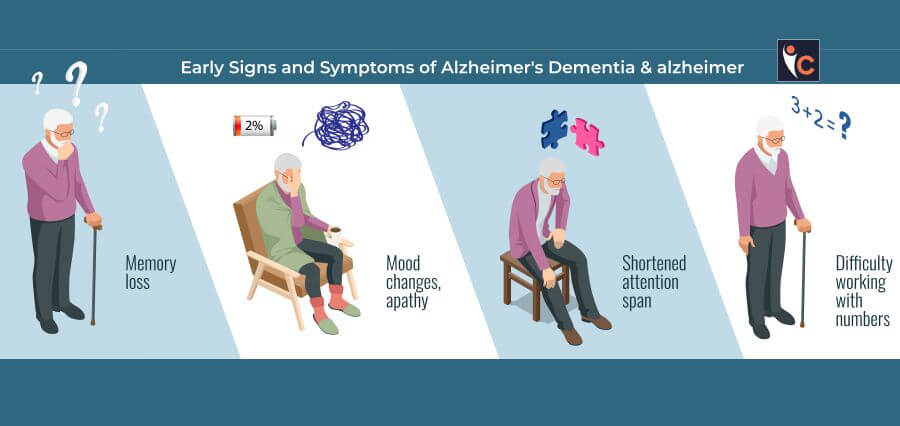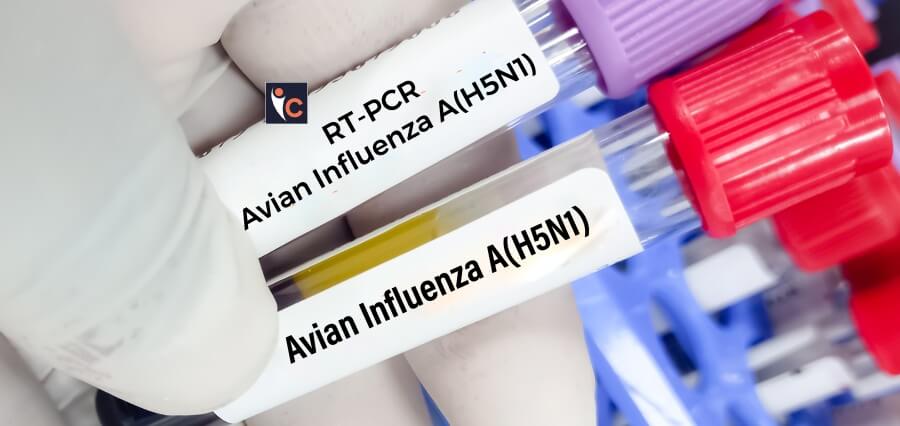In a recent study, researchers explored the potential for anticancer drugs to reduce dementia risk, leveraging the understanding that cancers and certain types of dementia share underlying pathophysiological mechanisms. This retrospective analysis used data from the Korea National Health Insurance Service, encompassing over 100,000 cancer patients aged 65 and older who were prescribed anticancer medications between January 2008 and December 2018.
The study found that two categories of anticancer drugs—molecular targeted therapies and antimetabolites—were associated with a reduced risk of Alzheimer’s-type dementia (DAT). Specifically, the hazard ratios (HR) were 0.91 for antimetabolites and 0.60 for molecular targeted therapies. However, no significant association was found with vascular dementia (VaD). These results suggest that certain anticancer drugs may offer potential for repurposing to prevent dementia, though further research is needed to identify the optimal drugs and dosages.
Dementia, a term encompassing a range of progressive brain disorders marked by cognitive decline and impaired daily functioning, has become increasingly prevalent as life expectancy rises. The World Health Organization (WHO) estimates that over 55 million people currently live with dementia, with 9.9 million new cases emerging annually. Projections indicate that prevalence will reach 78 million by 2030 and 139 million by 2050. With no cure available, identifying risk factors is crucial for prevention.
The study aimed to analyze the relationship between various anticancer drugs and the two most common types of dementia: DAT and VaD. Using the Korean National Health Insurance Service (K-NHIS) database, which covers nearly the entire South Korean population, the researchers included participants over age 65 who received anticancer drugs from January 1, 2008, to December 31, 2018 (n = 116,506). Exclusions were made for individuals who died within six months of cancer diagnosis, had brain tumors, or were diagnosed with dementia before starting anticancer treatment.
Dementia types were identified using Korean Drug and Anatomical Therapeutic Chemical Codes and ICD-10 codes, while anticancer drug classes were determined from prescription claims data. Covariates such as age, sex, residential area, income, and the Charlson Comorbidity Index score were considered.
The average age of participants was 71.64 years, with 64.4% being female. The most frequently used general-class anticancer drugs were platinum-based (39.0%), antimetabolites (30.5%), and antibiotics (21.3%). Among molecular targeted therapies, epidermal growth factor receptor (EGFR) inhibitors were most common (45.6%).
Cox proportional hazards analysis revealed that antimetabolites (HR = 0.93) and molecular targeted therapies (HR = 0.67) significantly reduced the risk of DAT. These findings, however, did not extend to VaD. Further analysis of molecular-targeted therapies showed that multikinase inhibitors had the strongest effect (HR = 0.50), followed by EGFR inhibitors (HR = 0.66). Again, these effects were significant only for DAT and not for VaD.
Read More: Click Here









